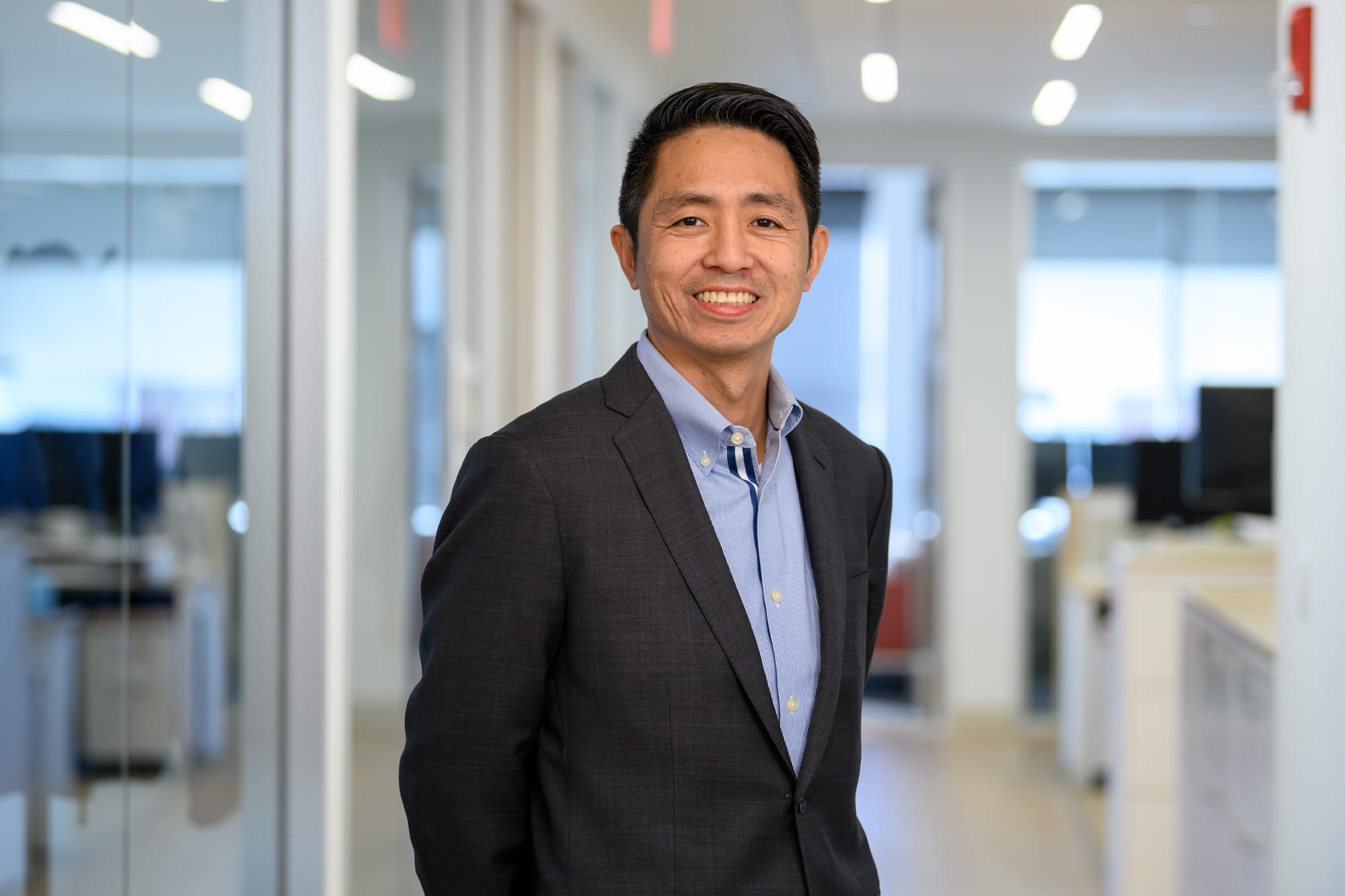
'Scale and speed': Hillhouse puts its weight behind China startup eyeing cutting-edge tech from around the world
In the relatively small but hefty world of biotechs working to bring new drugs from the West to China, Hillhouse Capital has been an active, if cautious, investor. Not only did it bet big on BeiGene early, it also co-led Everest Medicines’ monster $310 million round to bankroll commercial launches earlier this year.
But now it’s going all-in with its own startup — and a twist to the model.
Ed Zhang and Hua Mu, venture partners who joined the firm early this year, are the co-founders of Overland Pharmaceuticals. Other than the initial focus on oncology, autoimmune diseases and cardiometabolic disorders, the duo isn’t disclosing much about the company yet, although it’s clear that Hillhouse, which had $10.6 billion to spend for its last fund, isn’t holding any money back when it comes to funding deals and wooing talent.
Unlock this article instantly by becoming a free subscriber.
You’ll get access to free articles each month, plus you can customize what newsletters get delivered to your inbox each week, including breaking news.